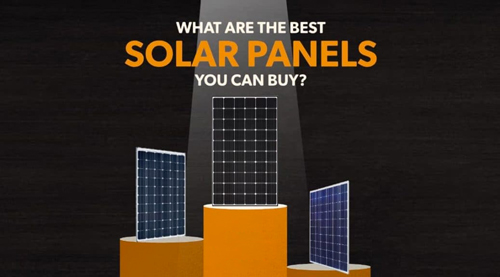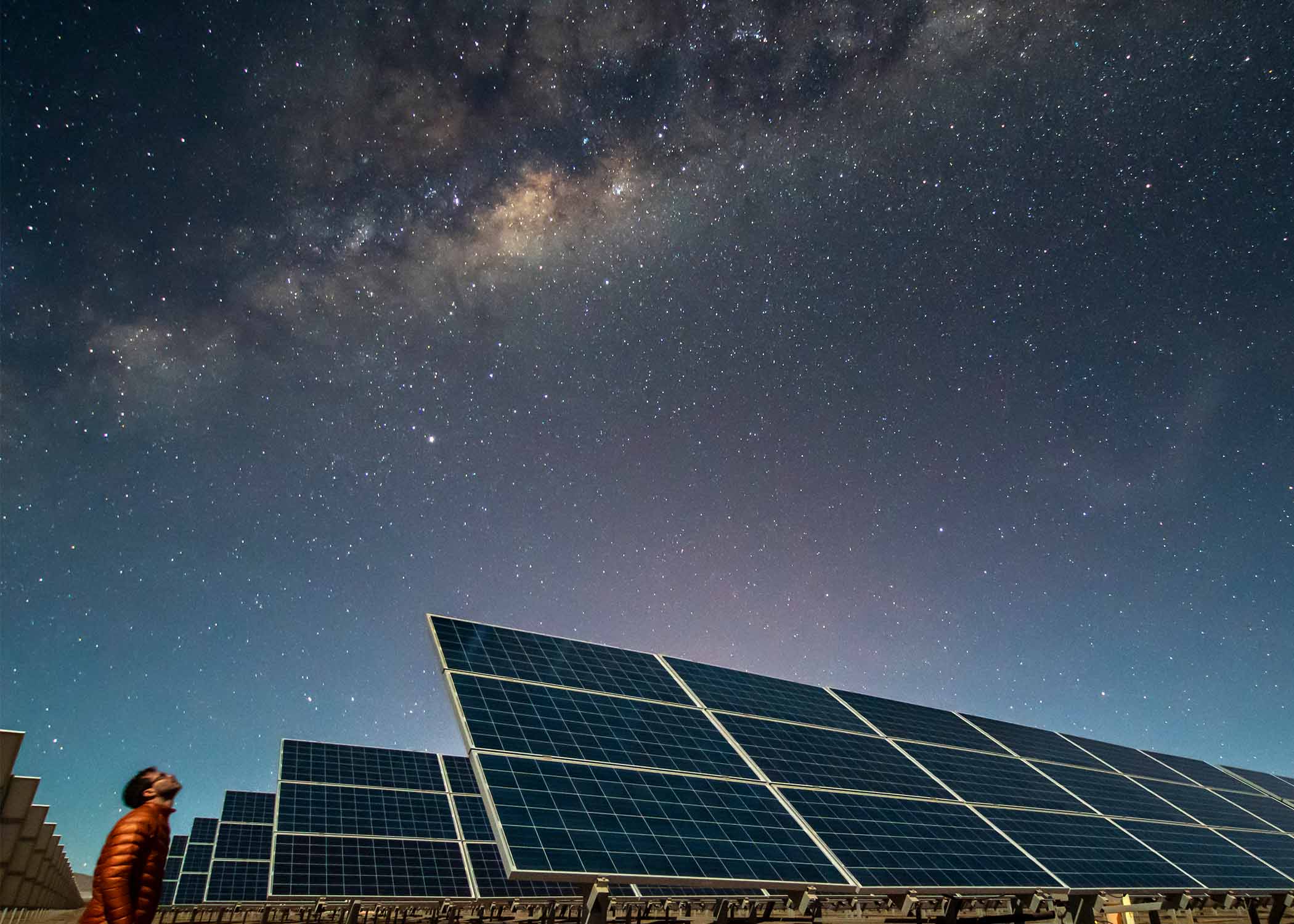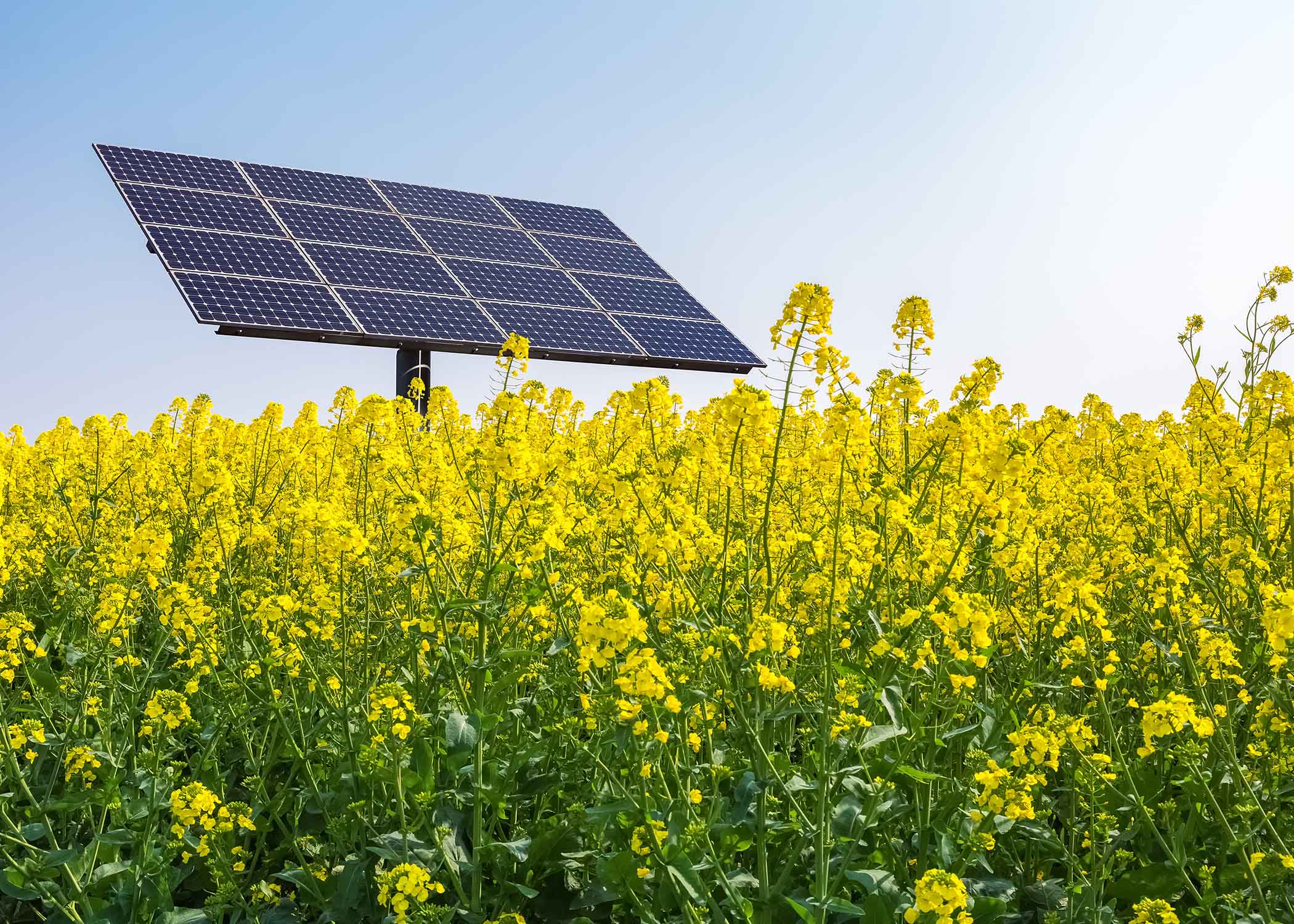The number of farms paired up with solar panels is taking off.
Between 2012 and 2017, there was a 150% increase in farms using lands to help produce solar energy.
The surge of solar panels on agricultural land is driven by declining crop prices, making it challenging to earn a living on farm revenues alone.
Also, extreme droughts, floods, fire, and soil degradation wreak havoc on the production and sale of commodities that make up the backbone of farming income.
For these reasons, farmers see the benefits of diversifying their income streams these days.
What Are the Benefits of Solar Panels on Agricultural Land?
Solar panels and agricultural production fit hand in glove.
So, what exactly are the benefits of leasing your land to a solar company?
Specifically, you can:
- Earn a second income
- Maintain crop production along with solar production
- Enter new markets with valuable, shade-resistant crops
- Promote sustainable farming practices to consumers and businesses
- Reduce your electricity costs
- Recharge soil depleted of nutrients
Some farmers find they’re earning more income from solar energy generation than crop production.
But the balance is found in a combination of crop sales and solar lease payments for most who desire to sustain their agricultural work.
Why Is a Pollinator Habitat Useful?
Another important aspect of solar panels on agricultural land is the potential to support bee populations.
Habitat loss is a growing concern for many pollinator species.
The agricultural economy makes $20 billion from bees every year.
Plus, pollinators contribute to the ongoing health of the biosphere, so their activities are essential to farm operations.
Farms that grow a mix of native, perennial plants under their solar panels establish rich pollinator habitats.
These habitats support biodiversity and revive soil health.
In some cases, farmers host bee-keeping businesses for additional income.
Can My Land Be Converted Back After the Solar Lease Ends?
A significant benefit of working with solar companies is the ability to reuse your land when your lease ends.
Solar panels on agricultural land leave your land upgraded and healthier.
This way, you can revert to normal operations with your soil in better shape due to rest and enrichment.
On average, solar leases last between 20 to 25 years, providing substantial income and increasing land values from soil quality improvements.
Can I Use Less Productive Acreage for Solar Installations?
Solar companies will work with you to identify less productive land for solar panel installations.
Ultimately, they need to capture the most sunlight for as long as possible throughout the day, but you can still grow your crops on the best quality soil.
Definitely negotiate the panel placement in your lease agreement.
Get the Right Designs for Solar Panels on Agricultural Land
Want to learn more about solar panels either for a solar lease or your own use?
Call us at Unbound Solar®!
We can talk over different types of systems and how they’re designed to meet your unique needs.




